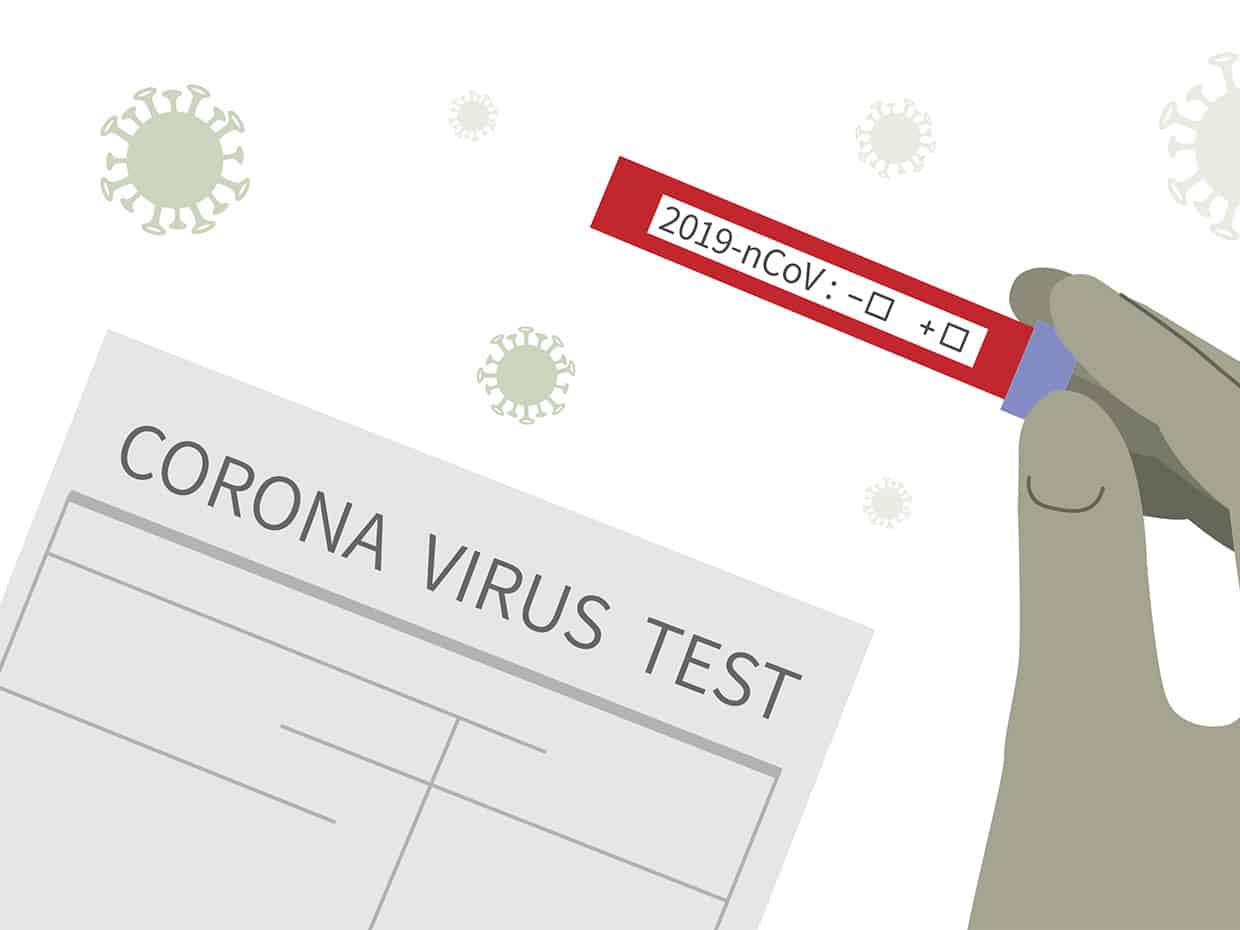A COVID-19 test kit that provides results in a little over an hour has been created by entrepreneurs Daniel Ndima and Dineo Lioma of Cape Bio, reports Tech Financials. The pair are Allan Gray Orbis Foundation Fellows and heads of Cape Bio, a dynamic applied genomics company and spin-off of the Council for Scientific and Industrial Research.
Lioma has a master’s degree in micro and nanotechnology enterprise with distinction from Cambridge University in the UK, according to City Press, and aimed to use her expertise to benefit local scientific research. “I knew I wanted to work in the field of health and to help South Africa progress. There was not a lot going on in micro and nanotechnology here, so I came home. I wanted to give back,” she said.
Ndima emphasised the importance of testing speed, telling Tech Financials: “The ability to obtain rapid test results allows us to gain a clearer picture of viral infections so that we are able to introduce interventions with greater effectiveness. This will remain important even after lockdown, as South Africa has a population of over 55 million people who will need to be monitored on an ongoing basis.”
The development of locally produced qCPR test kits would reduce the need for foreign imports and allow for a faster testing process among the population. Ndima added: “Our kits help pathologists isolate and identify a virus’ DNA or genetic material from an infected person. This makes it possible to detect the virus accurately in a laboratory.”
Cape Bio’s work has already seen support from international partners, including Canadian biotech company PlantForm Corporation.
Dr. Don Stewart, PlantForm CEO, said: “Canada does not currently have a blood test to detect COVID-19 immunity. We are developing a test that will identify the convalescent immune population, which is critical to disease monitoring and control. It will increase the reliability of data about the progression of COVID-19 and allow public health agencies to accurately determine when people have become immune to the disease and are therefore able to return to work and other social care duties.”
Source: All Africa





